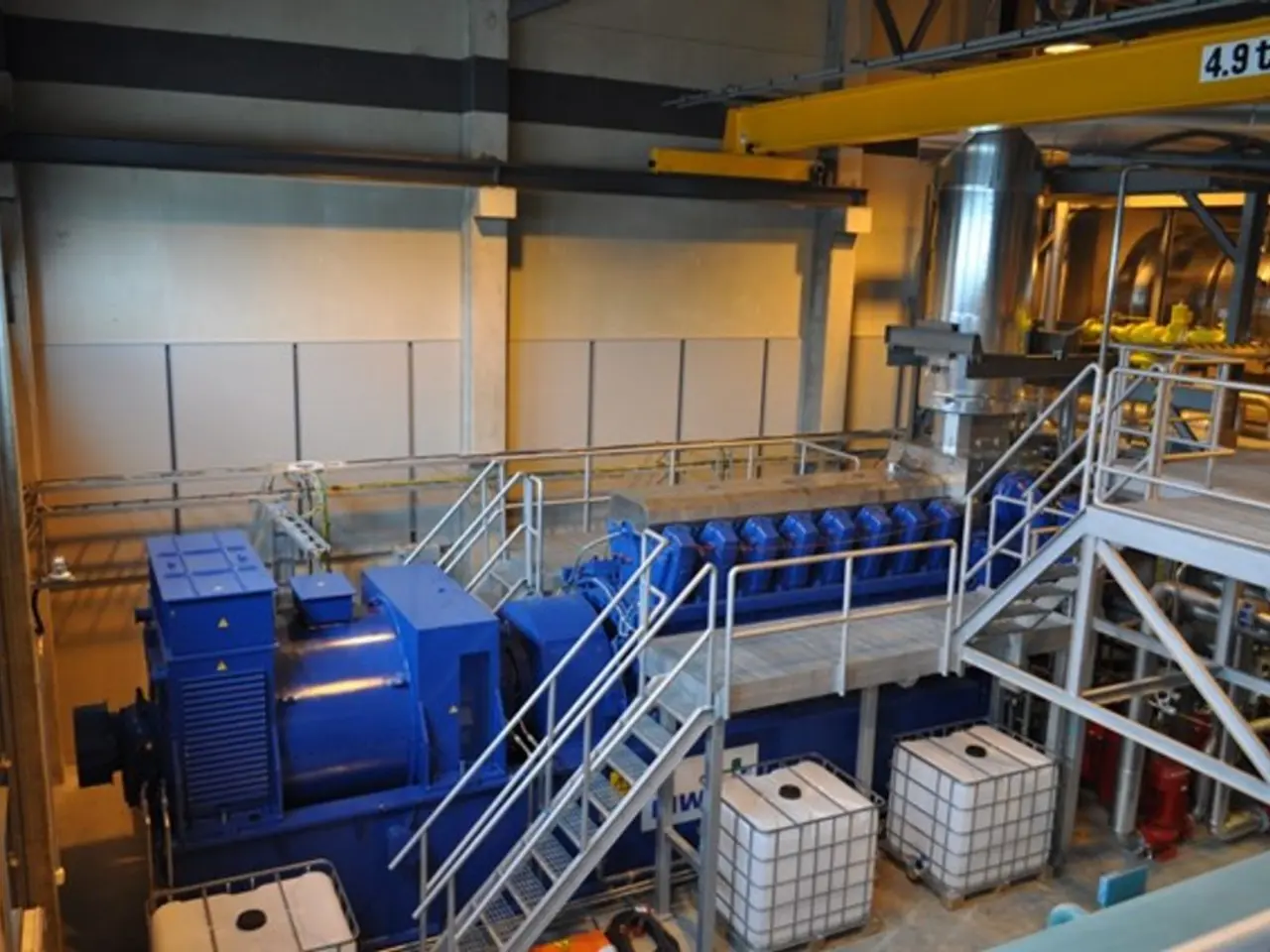IIT Bhubaneswar to establish a research lab with an investment of INR 45 crores in their SiCSem semiconductor division
Four New Semiconductor Manufacturing Projects Approved in India
The Indian government has given the green light to four new semiconductor manufacturing projects, collectively involving an investment of approximately Rs 4,600 crore (about USD 530 million). These projects are part of the India Semiconductor Mission (ISM) and will bring the total number of sanctioned ISM projects to 10, with cumulative investments nearing Rs 1.60 lakh crore (USD 18-19 billion) across six states.
One of the approved projects is SiCSem Private Limited, which will establish a research lab in the SiCSem semiconductor unit in Odisha's Info Valley, Bhubaneshwar. This will be India's first commercial Silicon Carbide (SiC) compound semiconductor fabrication facility, with an annual capacity of 60,000 wafers and a packaging capacity of 96 million units. The products from this facility will serve various sectors, including defense (missiles, equipment), electric vehicles (EVs), railways, fast chargers, data centers, consumer appliances, solar power inverters, and more. SiCSem will collaborate with Clas-SiC Wafer Fab Ltd., UK, for this integrated facility.
The projects approved also include 3D Glass Solutions Inc., Continental Device India Private Limited (CDIL), and Advanced System in Package (ASIP) Technologies. These projects are expected to generate approximately 2,034 skilled jobs directly and many more indirect jobs in India's electronics manufacturing ecosystem.
The East (Odisha), North (Punjab), and South (Andhra Pradesh) locations of these projects will collectively strengthen India’s semiconductor manufacturing capabilities, catering to sectors such as defense, automotive, telecom, data centers, and consumer electronics.
Union Information and Technology Minister Ashwini Vaishnaw stated that giant tech firms such as Intel and Lockheed Martin have made investments in the company. He also announced that all four semiconductor plants approved by the Cabinet will start their construction work very soon.
This initiative aligns with the Indian government’s Atmanirbhar Bharat vision to build a self-reliant semiconductor ecosystem and reduce dependency on imports. The Minister also mentioned that the six under-construction semiconductor plants in different parts of the country are making good progress, and the country will soon deliver its first domestically-produced chip.
The Tata Semiconductor Assembly and Test (TSAT) Unit is located in Assam, while four of the other five semiconductor plants are located in Gujarat. The Union Cabinet has also approved India's sixth semiconductor manufacturing unit in Jewar, Uttar Pradesh, through a joint venture between the HCL Group and Taiwanese electronics giant Foxconn. The chips produced at the Jewar unit will have a monthly capacity of 36 million (3.6 crore), and the unit is expected to generate employment for around 2,000 people.
In a push to India's chip-making ambitions, the Centre approved these four new semiconductor manufacturing projects under the ISM. This will be the first commercial compound fab in India, marking a significant step towards India's self-reliance in the semiconductor sector.
- The approved SiCSem Private Limited project, part of the India Semiconductor Mission (ISM), will be India's first commercial Silicon Carbide (SiC) compound semiconductor fabrication facility, focusing on sectors like defense, electric vehicles, fast chargers, data centers, and more.
- The four newly approved semiconductor manufacturing projects in India, collectively worth approximately Rs 4,600 crore (about USD 530 million), are expected to generate approximately 2,034 skilled jobs directly and many more indirect jobs in India's electronics manufacturing ecosystem.
- The Indian government, through the Atmanirbhar Bharat vision, is working towards building a self-reliant semiconductor ecosystem, with these projects aligning with this initiative to reduce dependency on imports.
- Under the ISM, the Tata Semiconductor Assembly and Test (TSAT) Unit is located in Assam, while four of the other five semiconductor plants are located in Gujarat, and the Union Cabinet has also approved India's sixth semiconductor manufacturing unit in Jewar, Uttar Pradesh, through a joint venture between the HCL Group and Taiwanese electronics giant Foxconn.
- The development of these semiconductor manufacturing projects in India represents a significant step towards India's self-reliance in the semiconductor sector, particularly in areas of technology such as data centers, fast chargers, and electric vehicles. These advances could also impact other sectors like finance, real-estate, and investing, as India seeks to strengthen its position in the global market.




